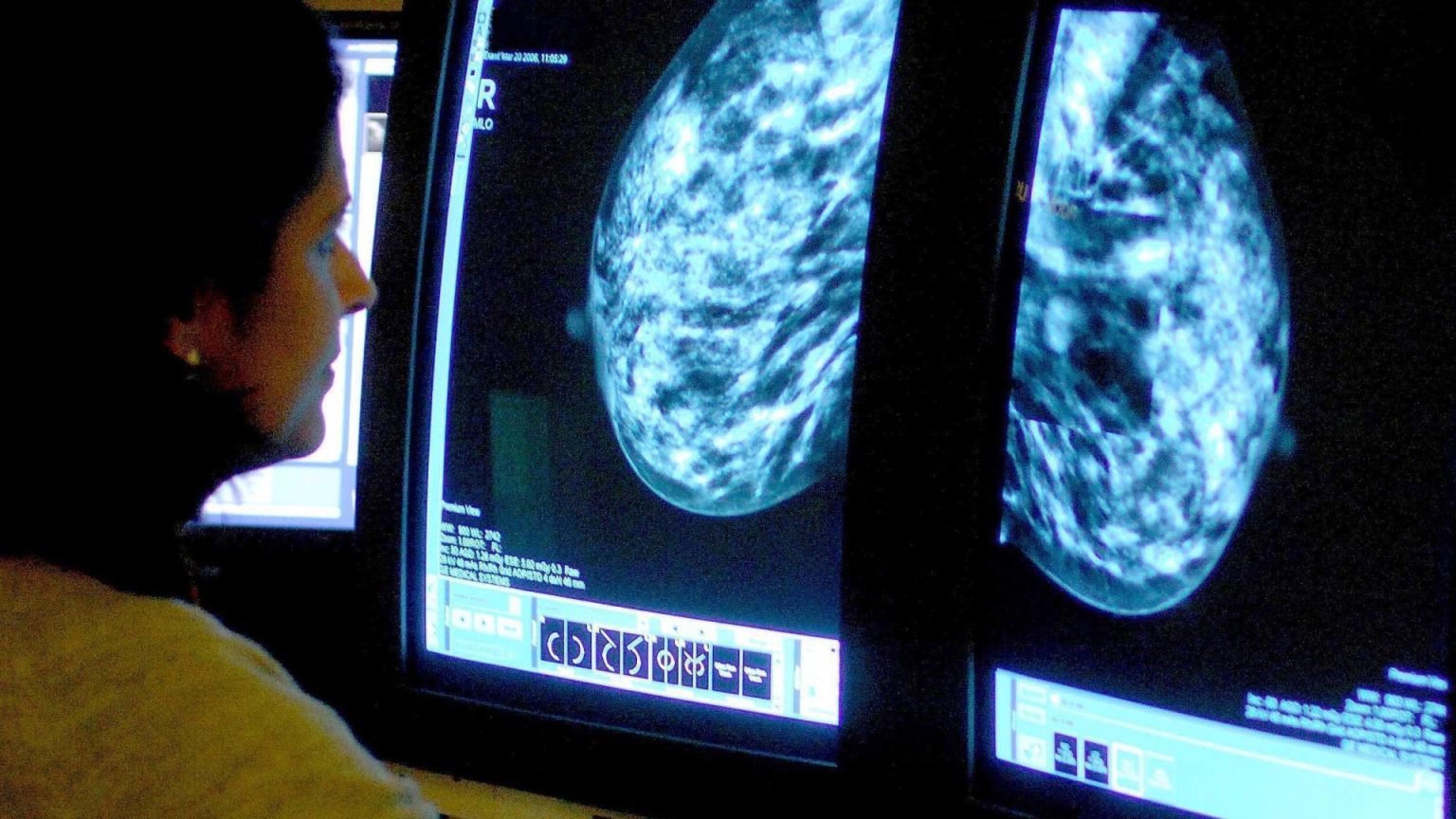The prevalence of cancer in the UK has reached unprecedented levels, with a record 3.4 million individuals currently living with or having survived the disease. This represents a staggering one in twenty people, and signifies a surge of 500,000 cases since 2020. This dramatic increase is a complex interplay of factors, including a growing and aging population, advancements in cancer treatment leading to improved survival rates for certain cancers, and a concerning rise in the incidence of other cancer types. While these statistical realities underscore the progress made in cancer care, they also highlight the immense and growing burden of cancer on individuals, families, and the healthcare system.
Macmillan Cancer Support, a leading UK cancer charity, emphasizes the multifaceted impact of cancer, extending beyond the immediate physical effects. The disease significantly affects patients’ relationships, employment prospects, and financial stability, often exacerbating existing inequalities based on socio-economic status and geographical location. The charity stresses the urgent need for equitable access to quality care and support services, ensuring that every individual receives the assistance they need to navigate the challenges posed by cancer. The charity’s CEO, Gemma Peters, highlights the disparity in how cancer impacts different individuals based on their background and location, emphasizing the necessity for a more equitable and inclusive approach to cancer care.
The pervasiveness of cancer is further highlighted by the annual diagnosis rate of approximately 400,000 new cases in the UK. Despite advancements in treatment, the long-term survival statistics remain sobering, with approximately half of those diagnosed succumbing to the disease within ten years. Projections from the International Agency for Research on Cancer paint a concerning picture for the future, predicting a substantial increase in both cancer cases and deaths in the coming decades. These projections underscore the urgent need for continued research, improved prevention strategies, and enhanced healthcare infrastructure to effectively address the growing cancer burden.
The NHS faces significant challenges in meeting the increasing demands for cancer care. A key performance indicator, the 62-day target for treatment initiation following a GP referral, has not been met since 2015. This delay in accessing timely treatment can have significant implications for patient outcomes, highlighting the strain on resources and the need for systemic improvements within the healthcare system. While the NHS reports that nearly 60% of cases are now diagnosed at an early stage, which is a positive development, the persistent failure to meet treatment targets indicates a critical bottleneck in the care pathway. This gap between early diagnosis and timely treatment signifies a crucial area for improvement, demanding increased investment and more effective resource allocation.
The expansion of bowel cancer screening programs to include 50 and 52-year-olds, following the tireless campaigning of Dame Deborah James, represents a significant step forward in early detection and prevention efforts. This expansion aims to identify more cases at an earlier, more treatable stage, ultimately improving survival rates. However, it also adds to the increasing demand on the already strained NHS diagnostic and treatment services. The impact of Dame Deborah James’ advocacy underscores the power of individual voices in driving positive change within healthcare policy and practice, demonstrating the importance of public awareness and engagement in addressing pressing health issues.
The overall picture painted by these statistics and reports is one of both progress and challenge. While advancements in treatment have improved survival rates for certain cancers and early detection initiatives are expanding, the sheer scale of the cancer burden, coupled with persistent systemic challenges within the NHS, presents a significant hurdle. Addressing this challenge requires a multi-pronged approach, encompassing increased investment in research and treatment facilities, improved access to timely and equitable care, greater emphasis on preventative measures, and ongoing public awareness campaigns to empower individuals to take control of their health. The continuous efforts of cancer charities and advocates, like Dame Deborah James, play a vital role in driving progress and ensuring that everyone affected by cancer receives the support and care they deserve.




